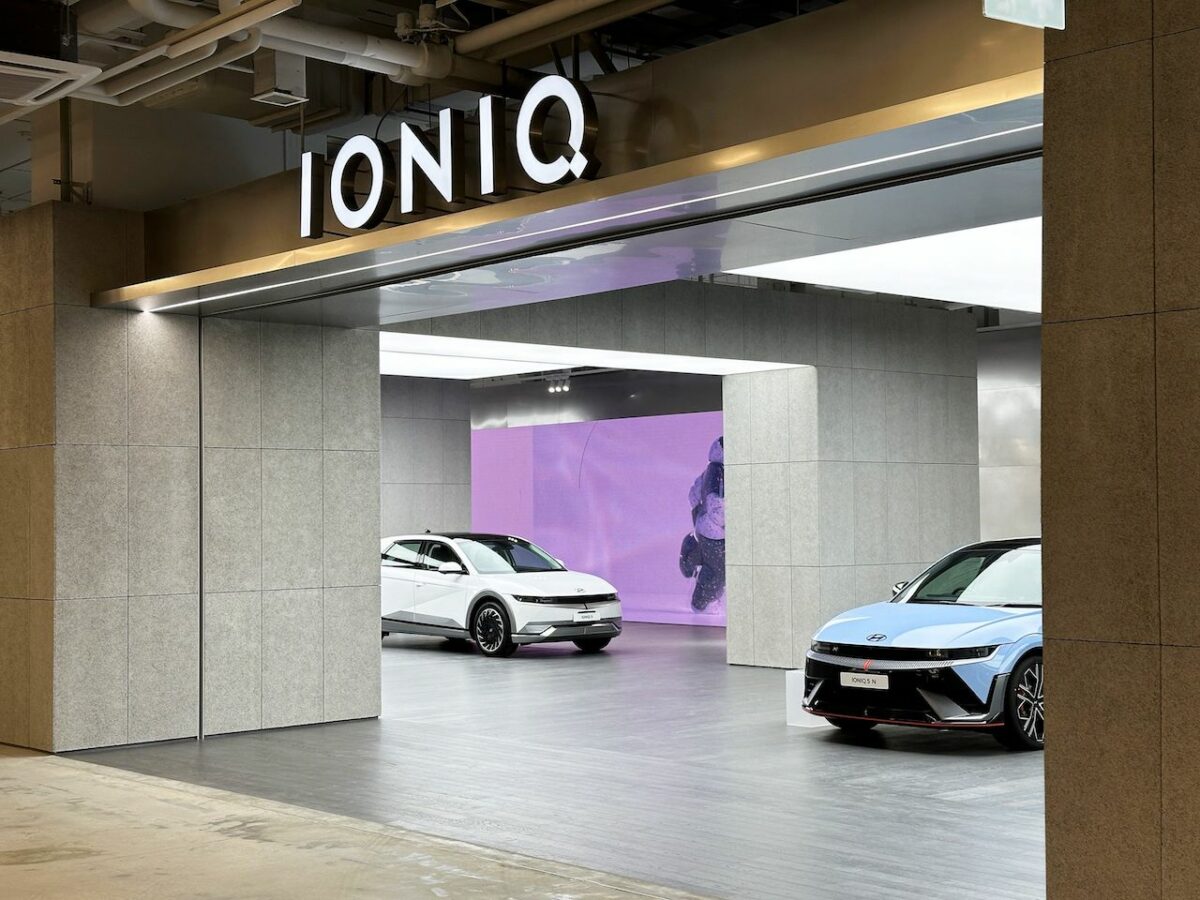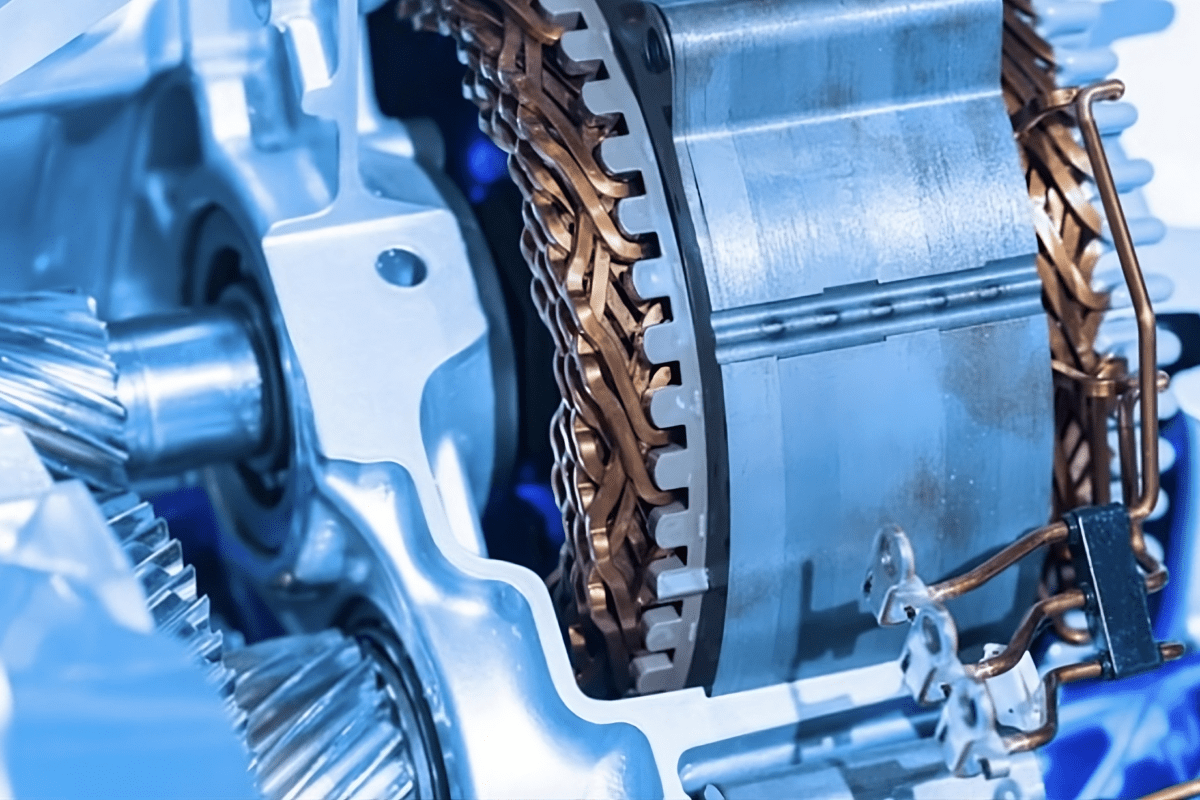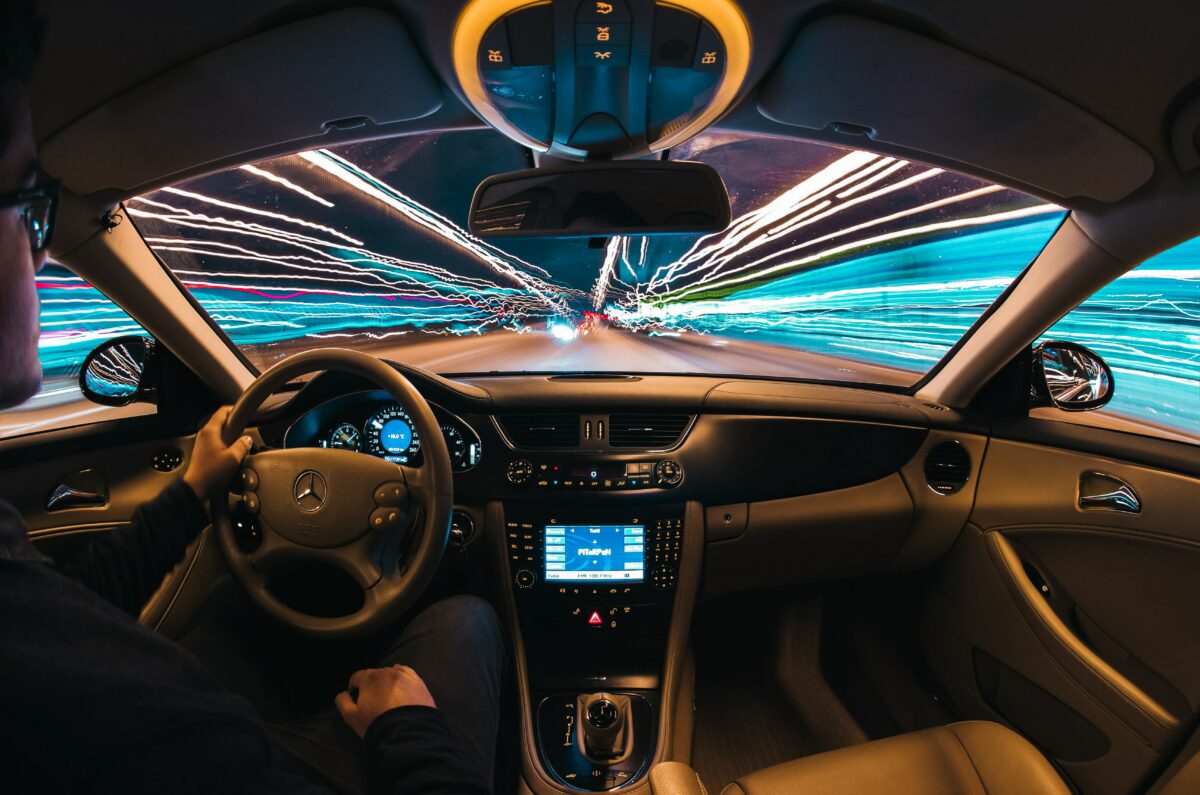“The global market for passenger cars is continuing its growth in 2012 – despite the difficult situation in Western Europe. The dynamic growth in North America and Asia is supporting the increase in world-wide passenger car sales of 4 per cent to over 68 million new cars,” stressed Matthias Wissmann, President of the German Association of the Automotive Industry (VDA). He was speaking to an audience of industry managers in Reutlingen. He went on to say that 2013, however, would be a challenging year. The state debt crisis would leave deep scars on the European market.
Yet, Wissmann added, the German automotive industry was in a good position and its share of the world’s passenger car market was around 20 per cent. This year the German automotive manufacturers had expanded their market share in Western Europe, the US, the Latin American Mercosur region, Russia and China. Three out of four cars built in Germany are exported. A large proportion of them are premium vehicles. “That is a major factor in the success of this industry. At our passenger car manufacturers alone, half of the jobs here in Germany depend on premium. Then there are also the many suppliers who make a considerable contribution to value-added. So anyone who considers it necessary to politically demonise premium vehicles in public is harming Germany as an industrial location and the people employed there,” Wissmann underlined.
The German automotive industry’s two-pillar strategy consisted of strong exports coupled with consistent internationalisation. Manufacturers and suppliers alike had recognised the opportunities at an early stage and established plants in growth regions. “With our presence in North and South America, China, Russia and Central and Eastern Europe, we have also stabilised and increased employment at home,” Wissmann said.
Wissmann added that the German automotive industry needed open markets to continue its globalisation strategy. “At present only just over one passenger car in four that we export is destined for the euro zone. Our exports to the US have risen by 15 per cent over the same period, and they already account for around one fifth of our passenger car exports. Furthermore, exports to China and other non-European countries have shown clear double-digit growth,” he explained. So it was all the more important that trade barriers be dismantled: “Excessive import duties and levies must be consistently reduced along with technical and administrative obstacles to trade. And we have to do everything we can to prevent the introduction of new barriers,” the VDA President said.
On the classical markets cars would also continue to play their key role as the most important mode of transport, Wissmann emphasised. However, in Germany for example, the demands placed on mobility would continue to become more differentiated. “The mobility of the future will be more multimodal,” he said, and car sharing was expected to continue expanding, especially in urban areas. “Yet serious surveys have shown that people still have a strong desire to have their own car. At the latest when they start a family, buying a car rises to the top of their agenda,” Wissmann stressed.
However, he said, it was also necessary to have long-term, reliable planning of the traffic infrastructure. It was indeed welcome that Germany’s ruling coalition had recently raised investments in trunk roads by more than 500 million euro on top of the original budget figure. “This is an important signal for an improvement in the traffic system. But we need lasting consolidation of infrastructure investment to maintain our road network and adapt it to increasing demands. An ad-hoc ‘present’ of funding for the trunk roads every November cannot be the right approach in the long term,” Wissmann pointed out.



